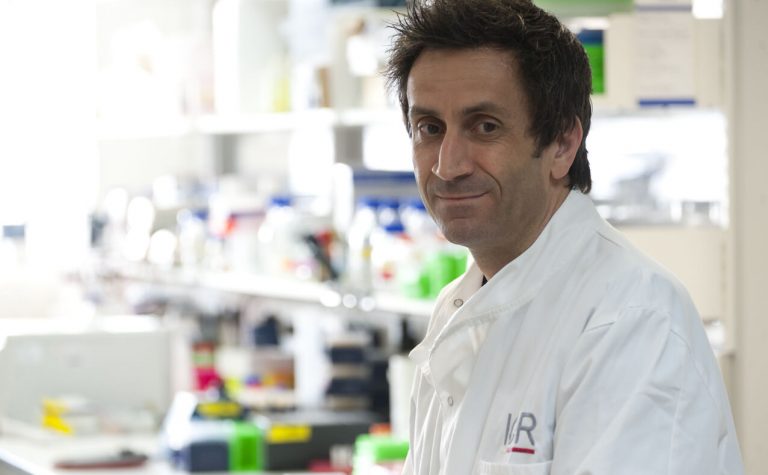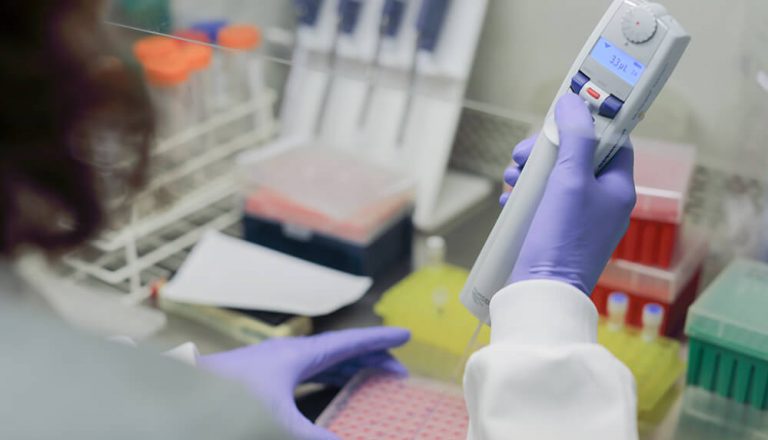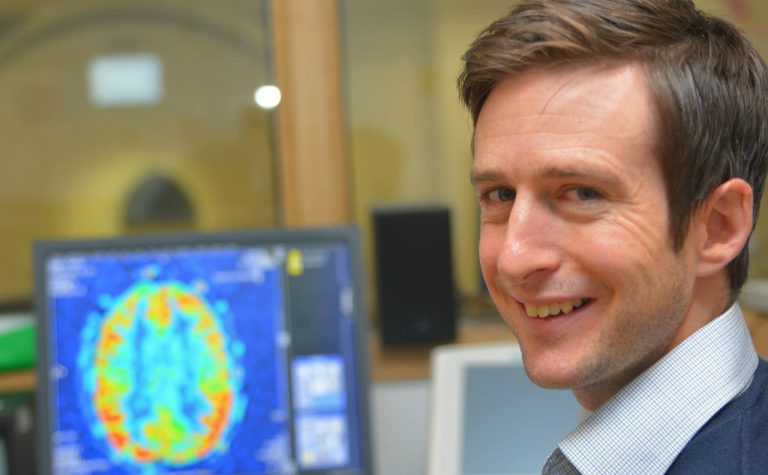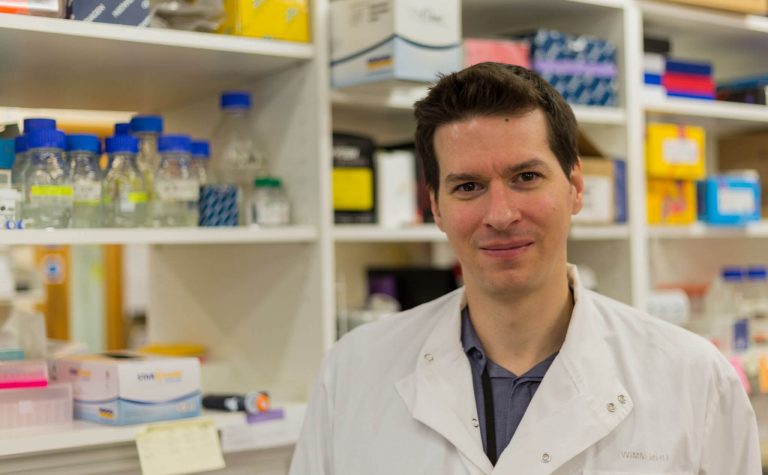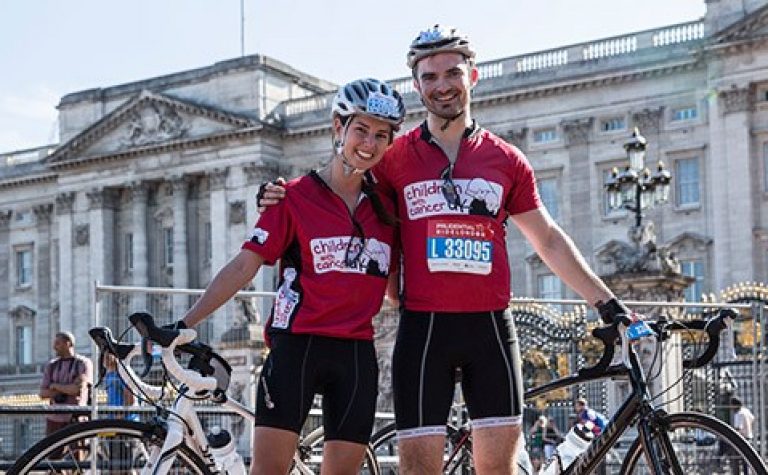Diffuse intrinsic pontine glioma (DIPG) is a childhood brain tumour that currently kills over 90% of children diagnosed with it within 18 months of diagnosis. DIPG is currently incurable, and most children affected by it die in less than two years. But a breakthrough discovery by Professor Chris and his team has identified a gene that may be the key to a new way of treating it.
Scientists have found a genetic mutation in the tumour cells of some children with DIPG which may give us a way of tackling this disease. This vital project is giving us hope that we can find a new, life-saving treatment.
Thank you
This research project on DIPG has been successfully completed. Your donations allow us to fund ground-breaking research that can improve treatments given to children with cancer. Thank you. Your help allows us to continue to find ways to drive up the chances of survival for children with cancer and reduce the toxic side effects that can affect the rest of their lives.
